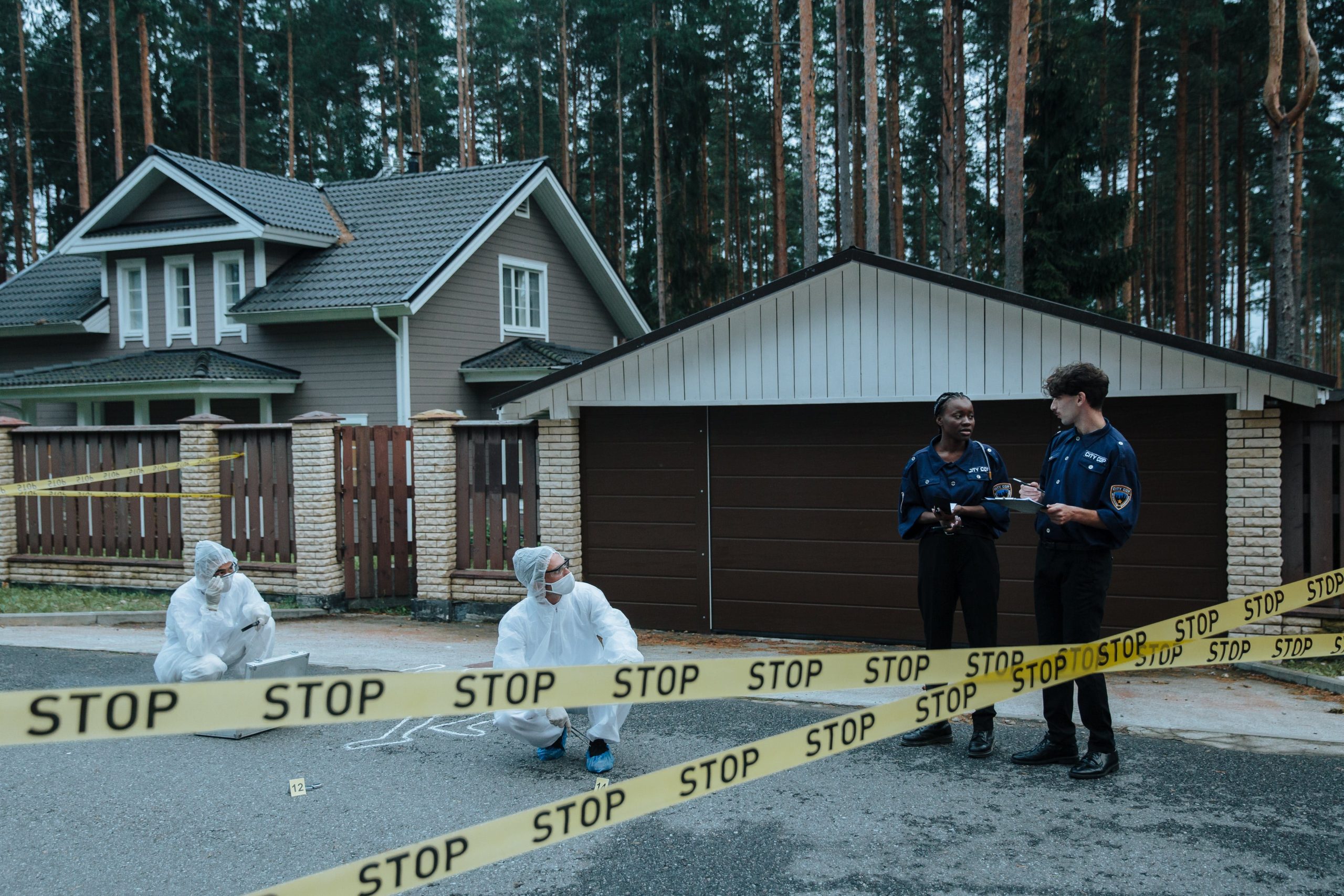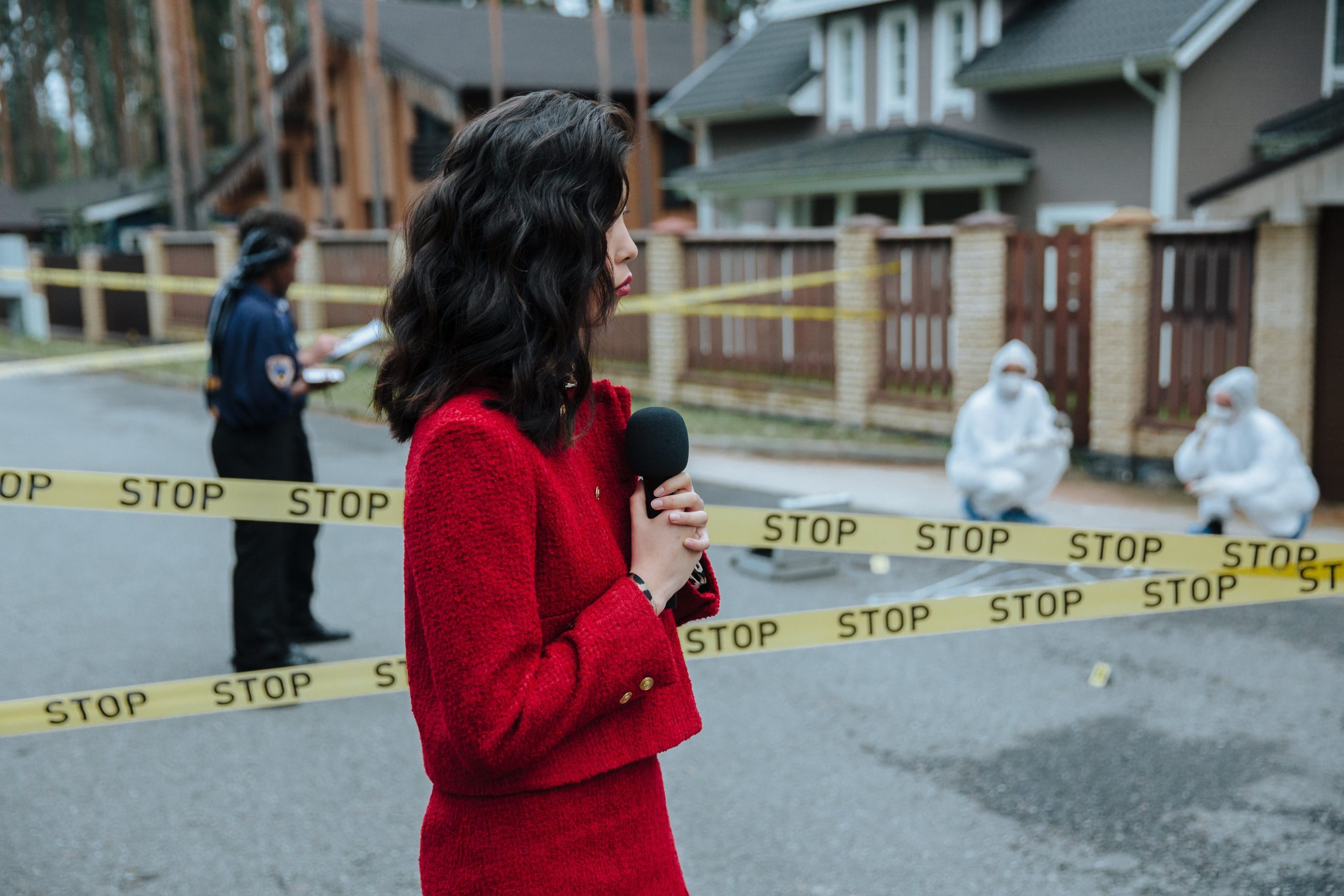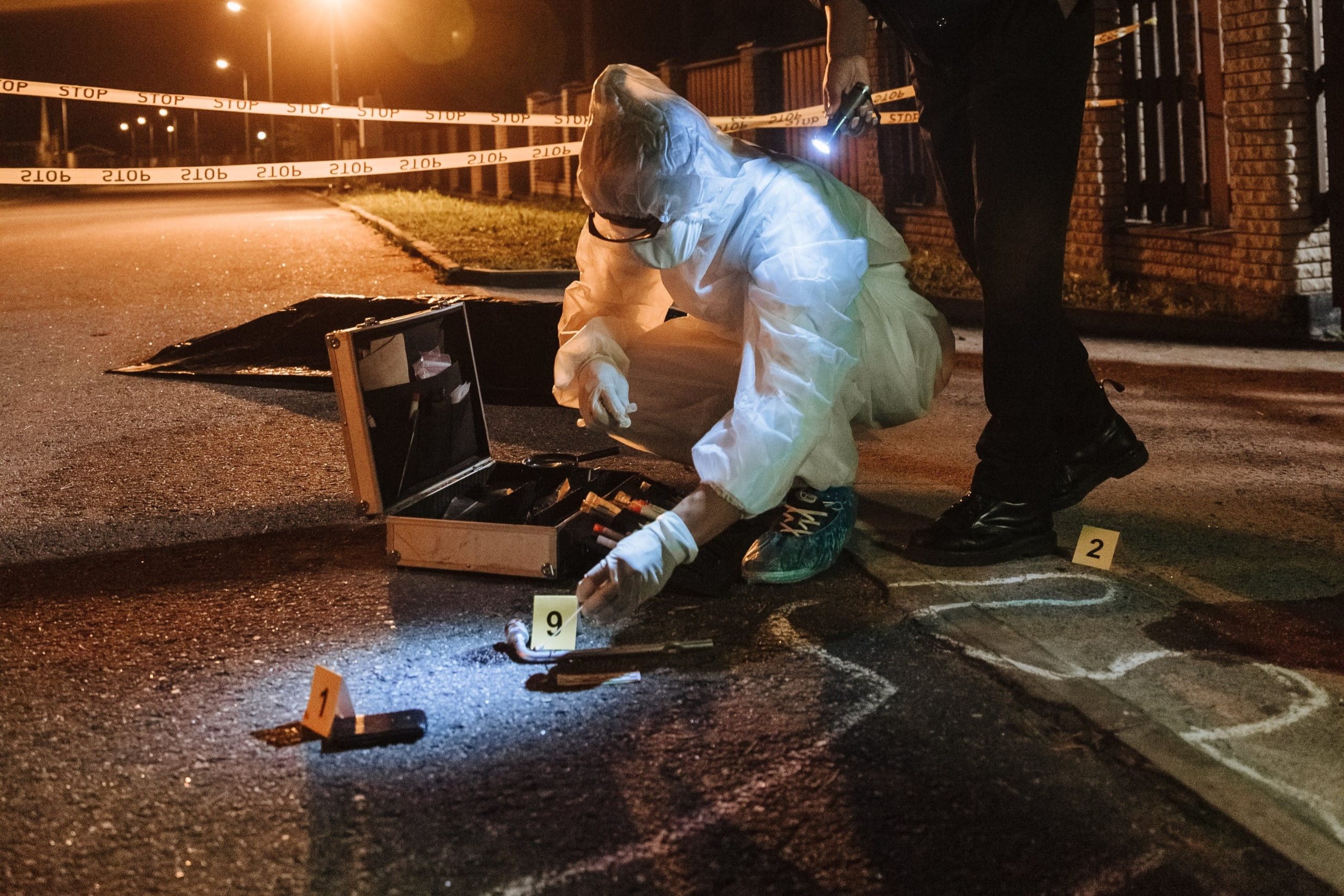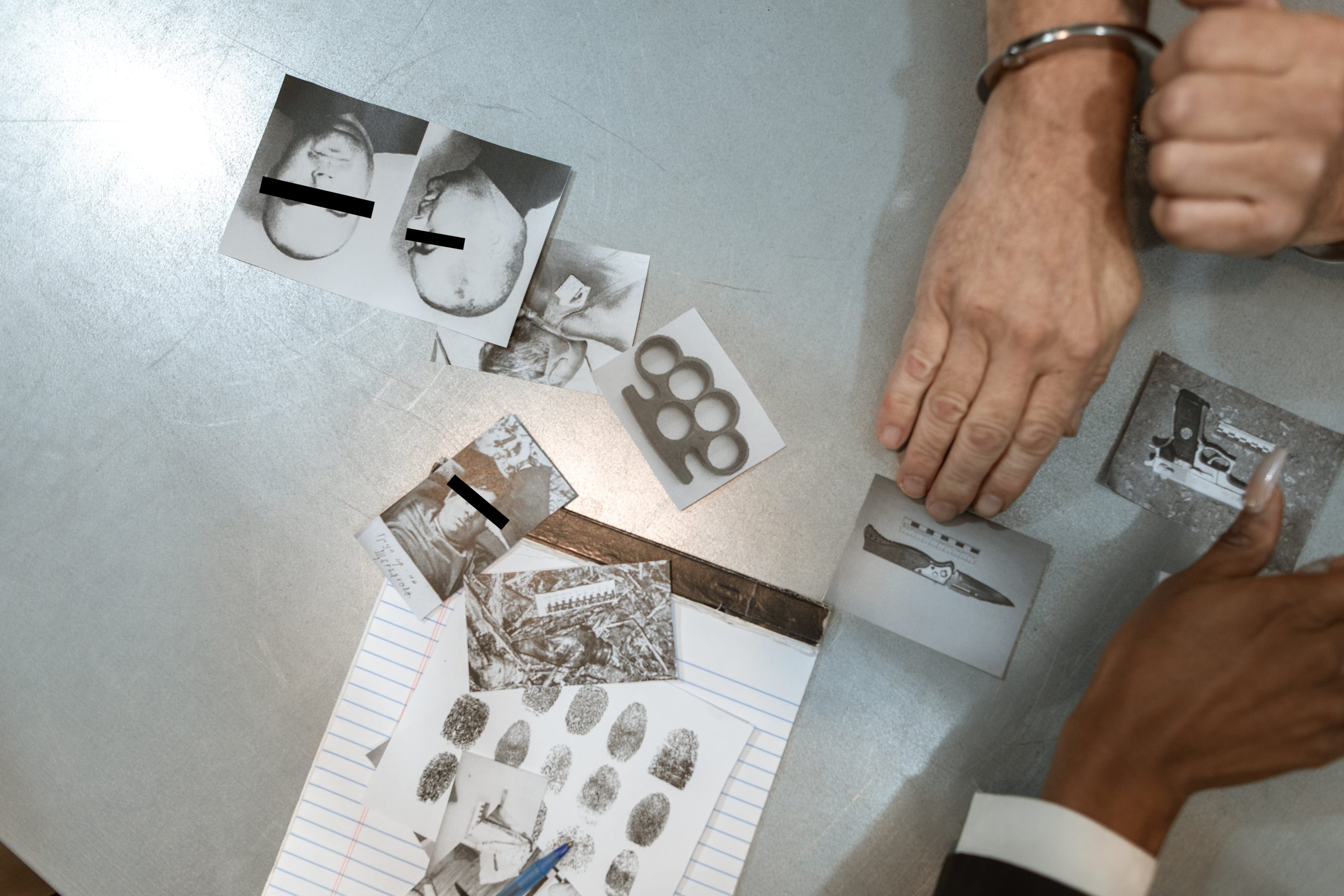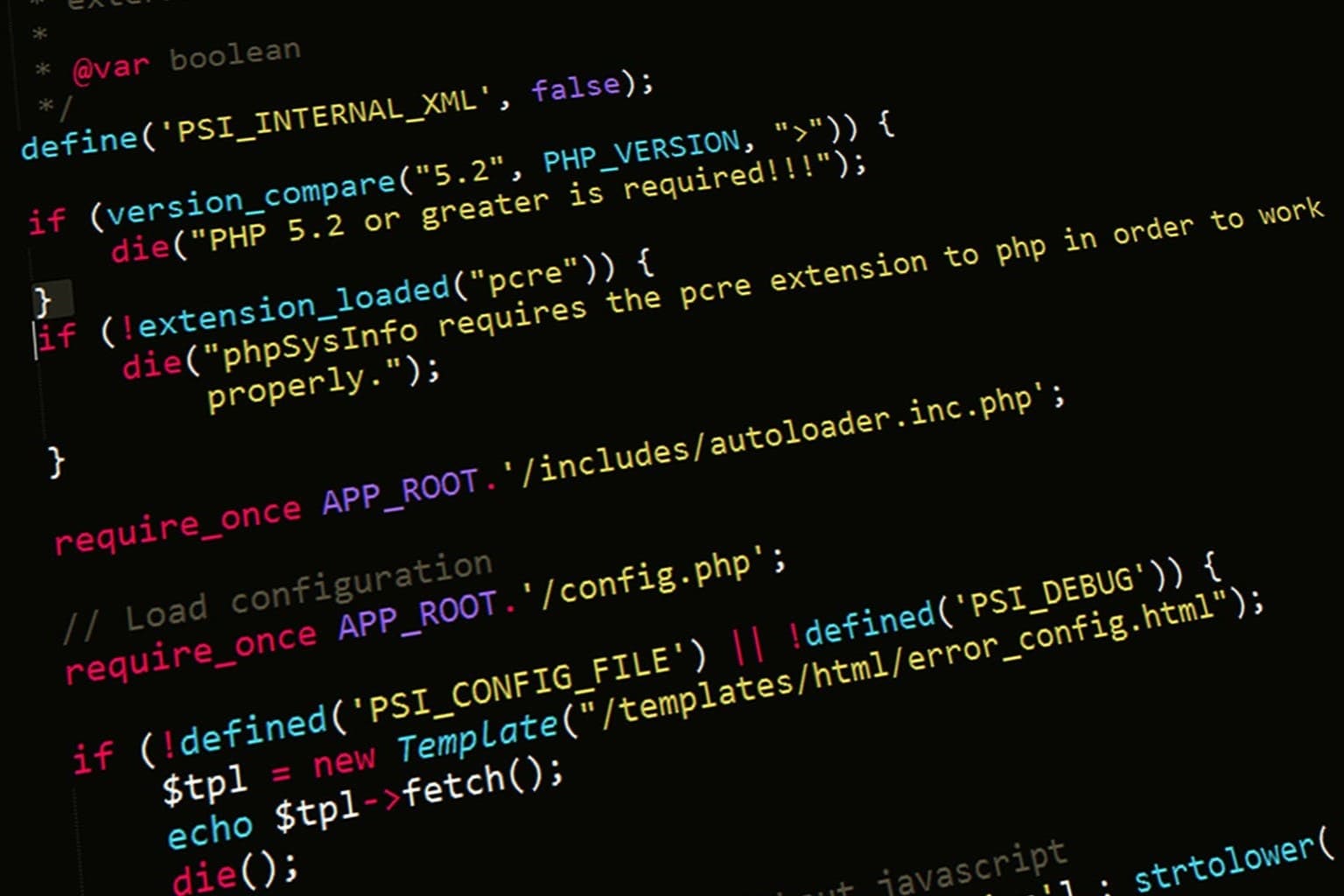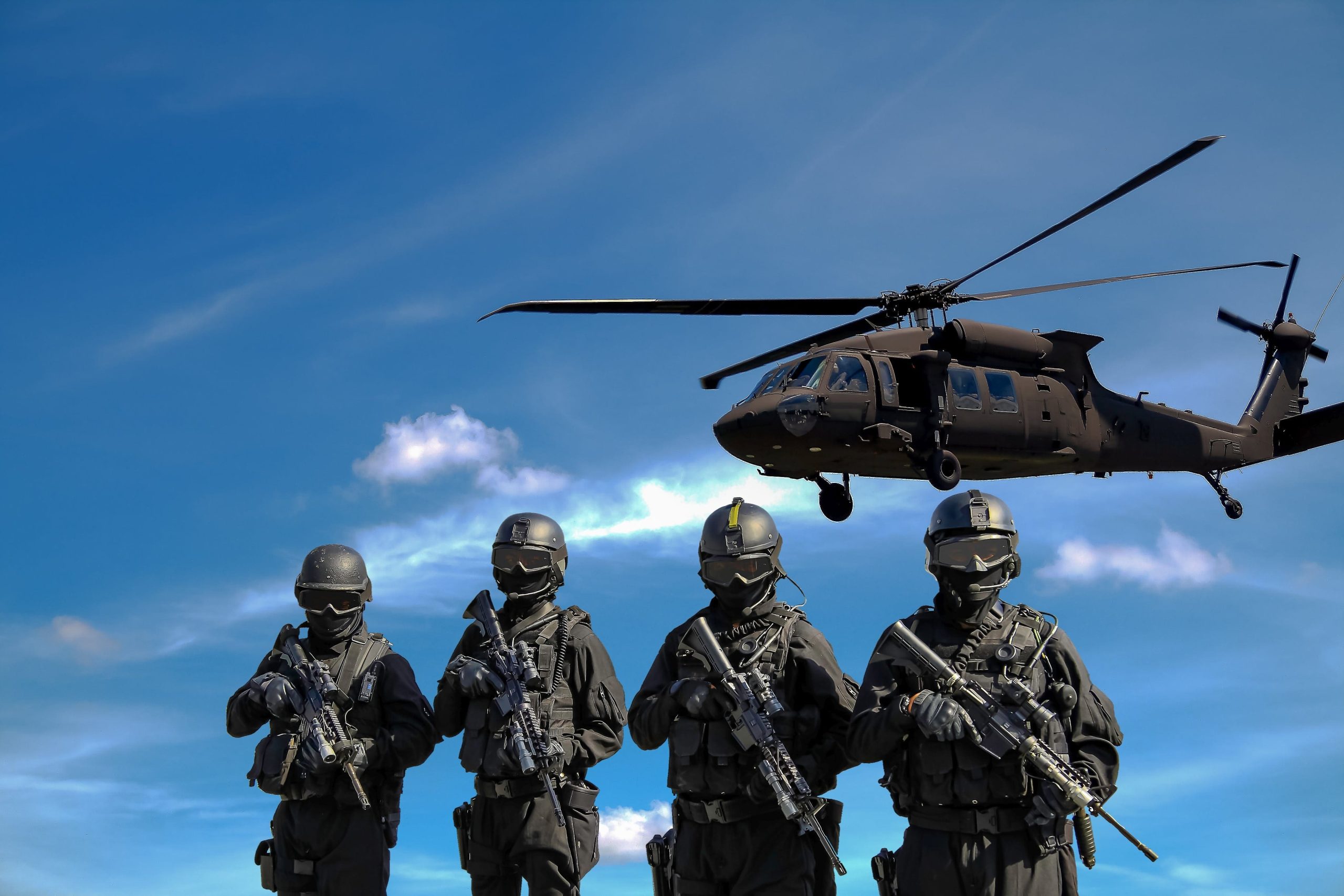Investigative guides are frequently shown in films and perhaps in live news broadcasts. However, what precisely are the responsibilities and obstacles that an investigator faces at work? Protecting crime sites, gathering evidence, doing post-mortems, and handling other situations are all part of the job description of a crime investigator. Crime officers or forensic scene investigators are other names for crime scene investigators. Despite appearances, becoming an investigator is not a simple task. This is one of the most demanding positions in the security industry since it involves a great deal of responsibility and considerable work risk. To aid with the inquiry, the investigating officer will work with the police in concert. These duties include documenting the event with photos and videos, collecting biological evidence using scientific techniques, examining crime scenes for latent finger impressions, attending court to give evidence as part of a trial process, and more. There are several types of investigators, such as
Principal Investigator
An organization’s principal representative when submitting a grant request is known as the principle investigator, or PI. The planning and execution of the study or project that the grant is funding are your duties as the lead investigator. Your main objective is to convince the funding agencies that your proposal or grant request is sufficiently justified.
Forensic Engineer
A forensic engineer is an expert in accident and failure analysis, looking for design flaws in products or structures that have malfunctioned. Examining the product or building that did not function as intended, gathering and evaluating the evidence, and formulating suggestions for future preventative actions are all part of the duties of a forensic engineer.
Surveillance Analyst
In order to identify suspicious activity and put security measures in place, a surveillance analyst examines security data or video footage. Some surveillance analysts concentrate on examining financial transactions to spot money laundering and fraud. As a surveillance analyst, you have important obligations because it is possible for your research to reveal accounts or unusual financial transactions that could be used to fund criminal organizations or violate campaign finance laws.
Corporate Investigator
A corporate investigator looks at staff members, organizational structure, and company policies using detective techniques. They are employed to conduct pre-employment tests for prospective hires and are used to investigate allegations of harassment, drug abuse, and unlawful activity including corporate fraud, copyright violations, and cybercrime.
Special Investigator
Special investigators operate in fields such as fraud prevention and criminal activity. Their expertise lies in investigating complaints or questionable activities regarding individuals or companies in greater detail. Their duty is to assist in locating, exposing, and documenting background data pertaining to the main case. Special investigators collect, arrange, and examine information about legal, financial, criminal, and personal activities. They then assess if the material sheds any light on the current case.
Forensic Analyst
A forensic analyst processes and examines criminal evidence to assist law enforcement organizations at all governmental levels. You can specialize in a certain area of the profession as a forensic analyst, such as computer analysis, DNA analysis, blood spatter analysis, and crime scene investigation. The majority of your job is done in a laboratory, but you might also need to visit a crime scene to gather evidence firsthand.
Criminalist
A technician in forensic science is called a criminalist. Their duties include gathering, locating, and evaluating evidence related to criminal investigations. Examining evidence from the crime scene, doing
chemical and physical analyses, and applying forensic science to make judgments about the crime are all part of the job description.
Tan Sri Abdul Hamid Bador, the head of national police, estimates that in order for PDRM to fill the vacancies left by the JSJN within a decade, at least 16,000 new positions must be created, with at least 2,000 positions to be filled in the future (Berita Harian Online, 2020). Every day, there are more and more examples of drug smuggling and murder. Police officers and investigators are crucial in helping to reduce the number of criminal cases in the nation, which will improve national security and safeguard the public’s welfare. This trend is parallel to the rise in criminal cases in the nation. Numerous universities cover the expense of investigating officers by looking at key courses and curricula that are necessary to generate a greater number of competent investigating officers. These higher education institutions are SMART College, UNIKOP College, Forensic School, North Borneo University College, and more. The government plays an important role in attracting the interest of young people to serve as investigative officers to help the country deal with the lack of investigative officers while reducing the crime rate in the country.
